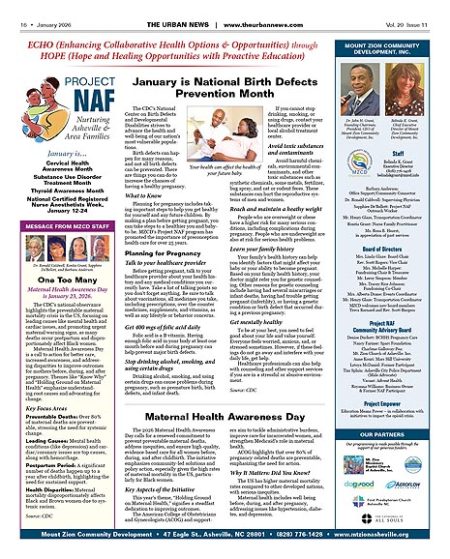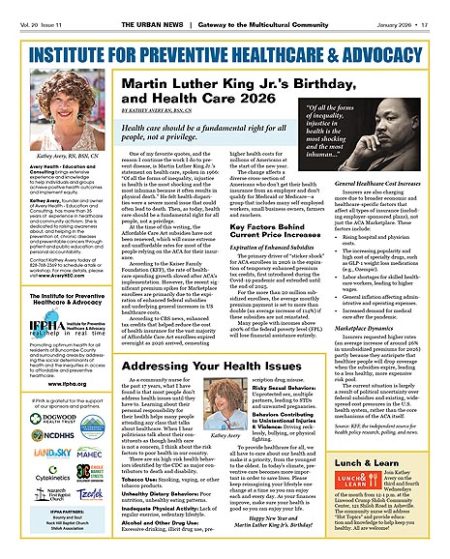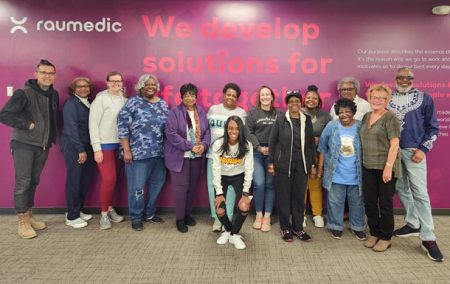Lead Prevention Month
If your house was built before 1978, there may be lead-based paint hazards in your home. If your plumbing was put in before 1986, there may be lead in your drinking water from pipes or solder. If your home was recently renovated or remodeled, there may be lead dust and chips around. If you have children ages 6 or younger in this house, they may be exposed to lead through paint chips, lead dust, or water.
Many common products contain lead including inexpensive jewelry, brass items like car keys, vinyl products like mini-blinds and coated wires, fishing weights, imported dishes, pottery, foods, and remedies.
Lead
gets into our bodies through our noses or our mouths. It enters our
blood and is stored in bones. Children are most likely to get poisoned.
Their bodies are still developing and they put things in their mouths.
There is no safe
level of lead in our bodies at any age. There is no safe level for pets
either. Lead, even at very low levels, can affect a child’s
intelligence, growth and behavioral development.
Lead can harm an adult’s reproductive system, kidneys, and blood-making system.
There are not always symptoms of lead poisoning. The best way to know a child’s lead level is to test his/her blood.
Have your children tested for free at the Buncombe County Health Center downtown, no appointment necessary.
Pregnant women
can pass lead on to their fetuses. A child may be born with high lead
levels. If you are pregnant, request a blood test to learn your level
of lead. Renovators and those working with lead are also easily
poisoned. Get a blood test.
Learn more about
lead. Learn how to fix lead hazards at low cost. Have your home’s
paint, water, soil or dust inspected for free by the Lead Poisoning
Prevention Program. Call us at 251-6104 or send email to
[email protected]. WE CARE!
The best way to
know a child’s lead level is to test his/her blood. Have your children
tested for free at the Buncombe County Health Center downtown, no
appointment necessary.
Lead Poisoning Prevention Program,
Environmental Quality Institute,
the University of North Carolina at Asheville
One University Heights CPO#2331
Asheville, NC 28804
http://www.unca.edu/eqi/lead
(828) 251-6104, email: [email protected]








